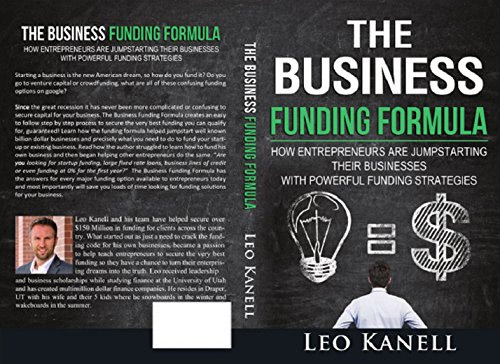Decades ago, the American dream was to get to the middle class, have a good job, build up some retirement and the crowning achievement was to own your own property and home. In the 1700’s and 1800’s, the dream was to have your own land that you could work, build up some crops, become self sufficient and raise a good family. For millions of immigrants leaving Europe and other parts of the world this was so much more than they could hope for when compared to the feudal system type life in their own country.
Fast forward a few decades and owning your home is far from the American dream, in fact owning a home is not really the investment that so many believe it is. If you pay cash for your home, you may feel great about owning your home free and clear, on the other hand if you were making 10% on that same money then you’d actually be making real progress and position yourself to build wealth and in that same time you’d “own your home free and clear,” then you’d be in a position to own 3 to 4 homes of the same value, that is the power of compounding investment income.
So stop doing something you hate, quit that job, and take action, the first step is to become an expert in a field that you know well and can provide a unique product or service for. Avoid trying to start a business or venture in an area that you do not have strong expertise in. One of the biggest mistakes I see is when people go start a restaurant and they have absolutely no experience in the realities of the restaurant industry.
All that said, it is not necessary to be the main business owner, maybe you should partner up with someone who brings different strengths and skills to the table or sometimes it is better to find an opportunity that you can join up in within the confines of a new startup and grow with that business. Bottom line, get started now and build your business or join a new business now!




